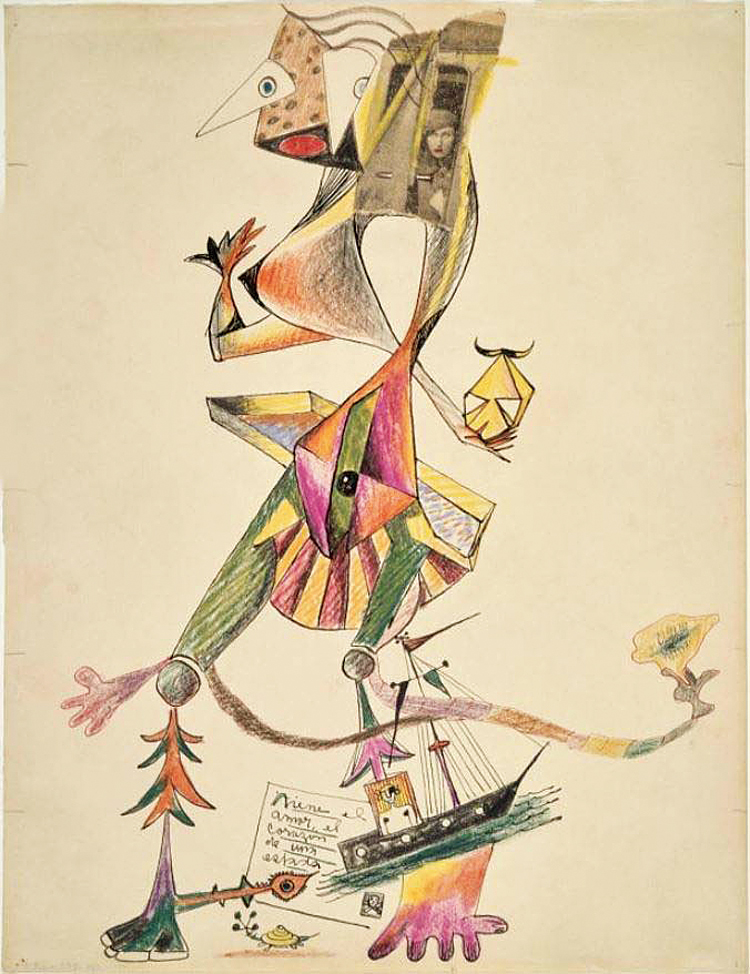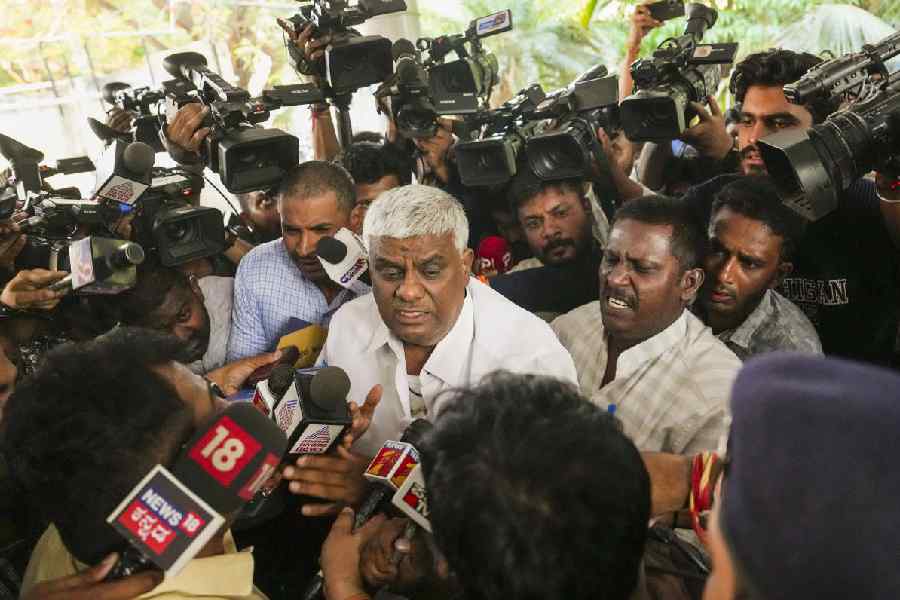Exquisite Cadavers makes for slow reading. Not only because it challenges comprehension, but also because it is — in spite of the romance, tragedy, terror and intrigue packed into the slim volume — dull. Inspired by cadavre exquis, a surrealist game in which words are assembled into a piece of writing by each player in turn, Meena Kandasamy collates fiction and fact, creation and creative process, personal and political on these pages. Each page is divided into columns, with the fictional world of Maya and Karim, an interracial and intercultural couple, occupying the centre and the everyday realities and motivations of Kandasamy the author intruding from the margins. The two segments, Kandasamy declares, are worlds apart; the author is an Indian living in East London with her Belgian partner and two children. Karim is from Tunisia and Maya is a mixed-race British national expecting a child — so different indeed.
The plot is pulled in every direction as the author is swayed by one incident after another, but it gets nowhere in the end. Everything about the characters, from their belief to their race, changes within the space of a sentence when some new issue strikes the author’s fancy on the margins. The only thing that remains constant is Kandasamy’s desire to settle a score with the reviewers who could not differentiate between auto-fiction and memoir as far as her second novel, When I Hit You: Or, A Portrait of the Writer as a Young Wife, is concerned. She is thus obsessed with establishing boundaries between fact and fiction as well as meticulously documenting how they influence each other while remaining distinct entities. Such an experiment can yield engrossing results as in The Good Story: Exchanges on Truth, Fiction and Psychotherapy by J.M. Coetzee and Arabella Kurtz. But the real and imagined are interwoven in an annoying tangle at the hands of the author. What is most unfortunate is that Kandasamy’s second novel was actually searing and poignant. Surely someone as well versed in the works of Foucault, Derrida and Barthes as Kandasamy seems to be from the liberal sprinkling of inter-textual references should know better than to try and manipulate the reader’s response to a piece of writing?
The list of quibbles is not over yet. Kandasamy’s tendency towards aphorisms and her repeated references to art house cinema and phrases like “another time bricolage of an earlier holiday” border on pretentiousness. As irritating are sweeping generalizations like Kandasamy’s opinion that for a writer of colour the purpose of avant-garde writing is to prove that he or she is human. Yet, there are also glimpses of Kandasamy’s characteristic insight and wry humour that shine through when she probes relationships or explores the hidden traps of liberal identity politics. When the voice in the margins is not pedantic, it produces powerful ruminations on the role of an artist and the news that dominates Kandasamy’s mind as she writes. Ironically, the only bits of the book that are effective are the ones in which fact and fiction blur, with real life events echoing the turmoil in the life of the fictional characters.
Exquisite Cadavers by Meena Kandasamy, Context, Rs 399










